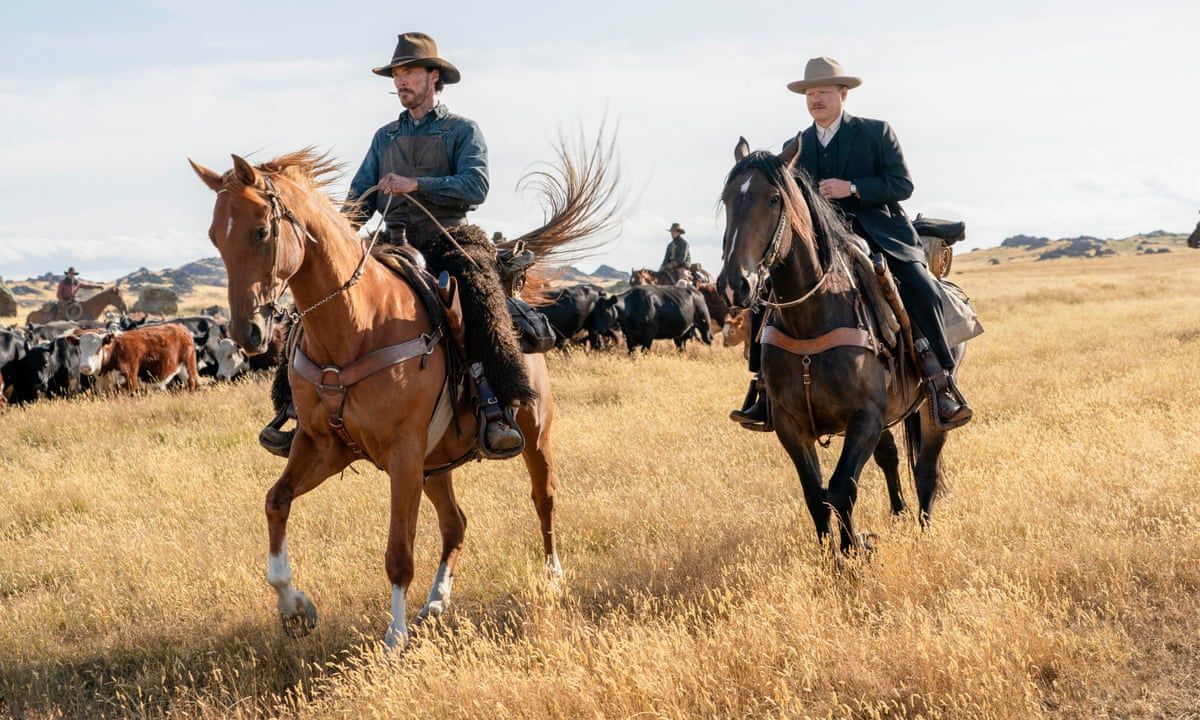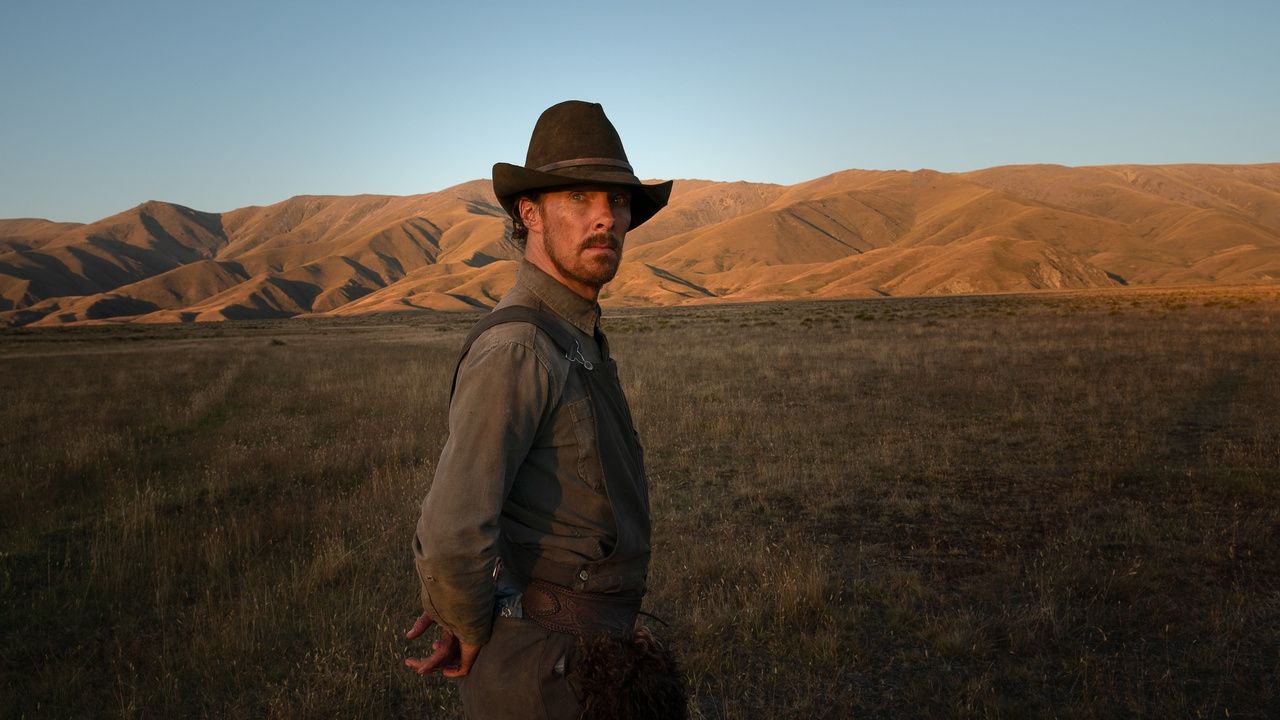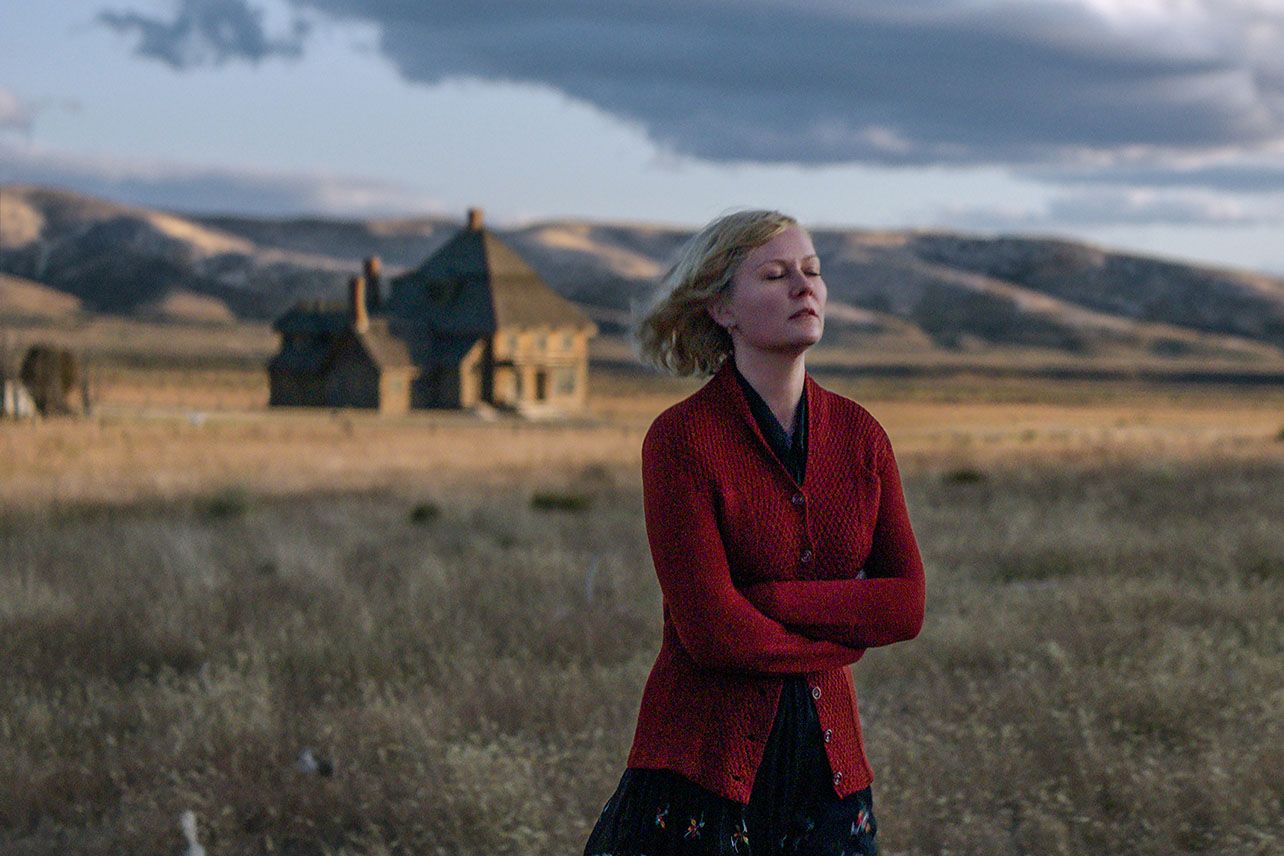Jane Campion's The Power of the Dog provides a masterclass in the plot twist and the suspense thriller while also giving die-hard fans of the classic Western something to truly gnaw on. Campion achieved something that the best Western filmmakers had not been able to. She challenged the norms of the beloved slow burn, cinematic while working within its familiar bounds, leading to one of the most powerful and memorable films of recent memory.
Based on Thomas Savage's 1967 novel of the same name, The Power of the Dog tackles sexuality and jealousy from a unique angle that tears down the typical conventions of a Western film. The classic underdog cowboy against the evil, gun-toting hotshot is explored but inevitably does not represent the film's boiling point in the ways that one might expect. Familial bonds are tested at every step of the way, and allegiances are skewed and fluid throughout the entirety of the film, leaving audiences confused and anticipatory the whole way.
What is the Film About?
Phil and George Burbank own a ranch in 1925 Montana, where they seemingly got their start as young ranch hands. It becomes clear that the brothers' similarities are limited to their last name, as we see the two men's personalities come to light in the earliest scenes of the film. Phil represents everything that is macho, dirty, and ultimately toxic about the old west, right down to the fact that he vehemently refuses to shower. On the other hand, George proves to be gentle and polite after he takes an immediate liking to Rose Gordon, a local innkeeper and widow. Phil's rough nature is demonstrated in his interactions with Peter Gordon, the teenage son of Rose. Peter's effeminate nature irks Phil in ways unimaginable, as he proceeds to mock Peter cruelly during their first interaction.
George and Rose eventually marry, and George arranges for Rose to move to the Burbank family ranch. The tension between George's surly brother and his new wife can almost be plucked like the strings on Phil's incessant, sinister, and twangy banjo. Under the crushing weight of life at the Burbank ranch, Rose turns to the bottle. Peter's eventual arrival at the ranch after the school year throws yet another match into the powder keg, and Phil's anger grows ever more intense as he feels his way of life slipping through his fingers more each passing day. Peter is deeply concerned with his mother's drinking habit and overall health; however, we watch him form an unlikely bond with the gruff and vicious Phil. The journey through the two's connection takes us through an unlikely yet powerful bond that grows with each encounter until the eventual, shocking demise of the seemingly indestructible Phil. Two hours of uncertainty and unlikely relationships eventually reveal an unexpected but highly refreshing hero that challenges the stereotypes of the entire Western film genre.
Cast of Characters
The ever-excellent Benedict Cumberbatch takes on the role of Phil Burbank, straying far from some of his equally impressive though far more likable roles. Jesse Plemons and Kirsten Dunst play George Burbank and Rose Gordon respectively, reviving their on-screen chemistry that was so palpable in the second season of Fargo, as Ed and Peggy Blumquist. Kodi Smit-McPhee took on the role of Peter, the shy, effeminate son of Rose, and the butt of many utterly cruel and cringe-worthy jokes from Phil Burbank. Thomasin McKenzie appears as Lola, a housemaid at the Burbank family ranch, adding to her already highly impressive film credits.
Phil is highly judgemental of his brother's decision to marry Rose from the outset, believing that she is only interested in the brothers' fortune. George is shown to be extremely patient and caring, both of Rose and her son Peter, and highly protective of his new wife and her child. Phil fancies himself the alpha-male at the Burbank ranch, and his lack of respect for his own brother's manhood is apparent. Under typical Western circumstances, the viewer may expect the underdog George to find an untapped well of bravado within himself and assert his dominance of his vile brother. This film, however, proves to be anything but typical.
What Makes it Truly Unique?
Perhaps the most refreshing plot point in Campion's film is the exploration of sexuality in the relationship between Phil Burbank and Peter Gordon. The Golden Globe-winning performance of Kodi Smit-McPhee cemented him as one of the most talented young actors in the game right now. After all the mockery and cruelty laden onto Peter by Phil, the two begin to form a strong connection, which eventually blossoms into a romantic connection. Phil sees in Peter something that his oft-mentioned former mentor, Bronco Henry, saw in him as a young cowboy. Peter's interest in Phil is confusing as he had been ridiculed by him throughout the entire film, but his intentions become apparent as the film comes to a close. Phil's demise is sudden and inexplicable as he awakens in a state of illness, seemingly due to the infection of an open wound on his hand. It is revealed that anthrax is the most likely cause of death to George's confusion. The film ends with a final shot of a sinister smile on Peter's face, and it becomes clear that he had been building a bond with Phil to get close enough to him to poison him eventually.
This film played with the Western genre conventions in such refreshing ways, doing away with the classic "good guy duels bad guy" climax. The "duel" is rather a complex, clinically thought out plan by Peter to weaponize his sexuality to exploit the weaknesses of his enemy, Phil. Peter silently saved his mother from the wrath of her tormentor while freeing George and the rest of the Burbank ranch from his cruelty.




